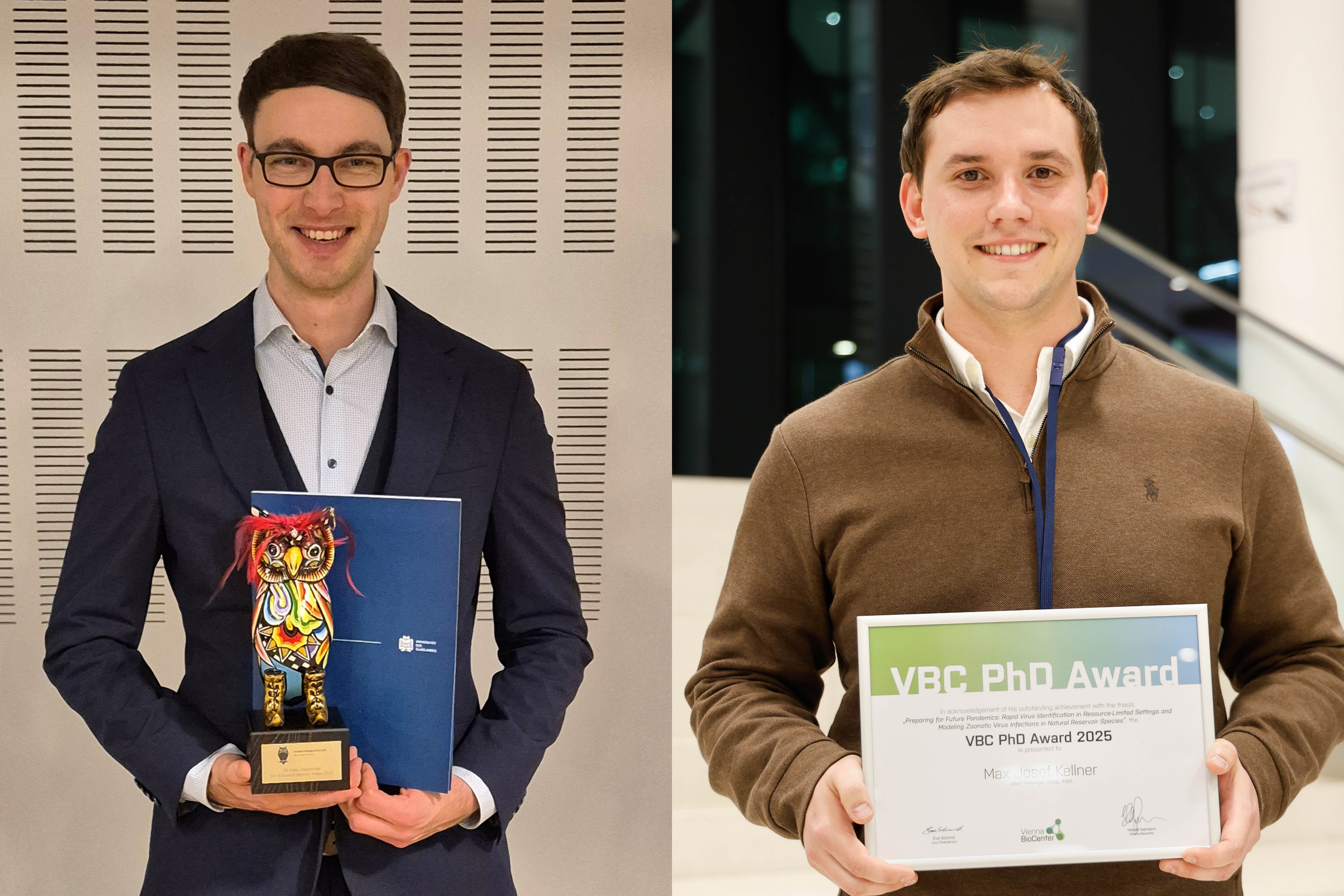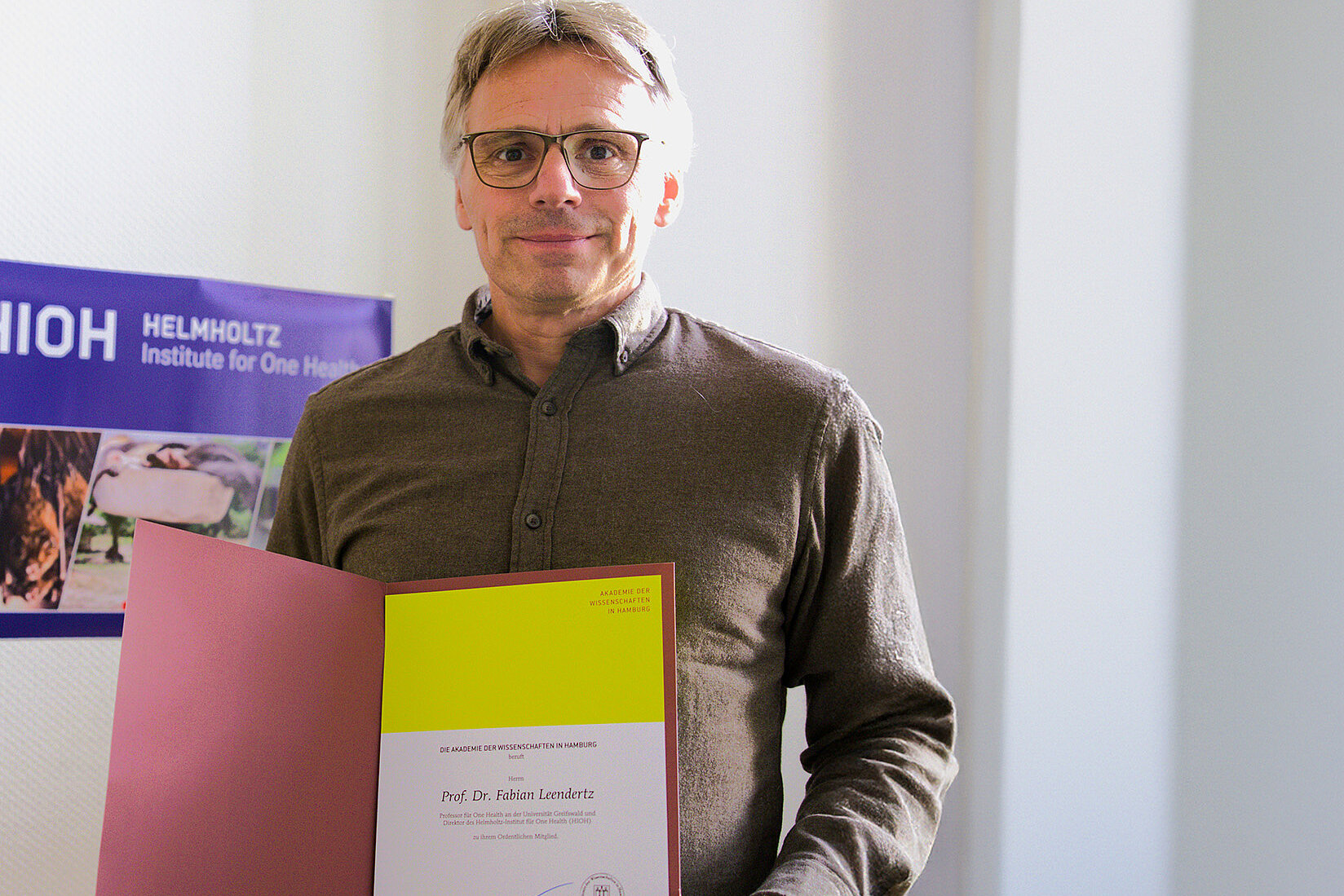Newsroom

![[Translate to English:] Rasterelektronenmikroskopische Aufnahme einer Escherichia coli-Zelle (rot), die von Bakteriophagen (grün) infiziert wird.](/fileadmin/_processed_/1/6/csm_Escherichia_coli_phage_c57d3dd91f.jpg)




HZI in the media
03.03.2026
|
DeutschesGesundheitsPortal
03.03.2026
|
Biermann Medizin
03.03.2026
|
Deutsches Ärzteblatt
01.03.2026
|
EUROPE SAYS
27.02.2026
|
MSN Deutschland
26.02.2026
|
Apotheken Umschau
25.02.2026
|
IFL Science
24.02.2026
|
Science News
20.02.2026
|
Deutsches Ärzteblatt
18.02.2026
|
Bionity.COM
16.02.2026
|
Phys.org
13.02.2026
|
Apotheken Umschau
